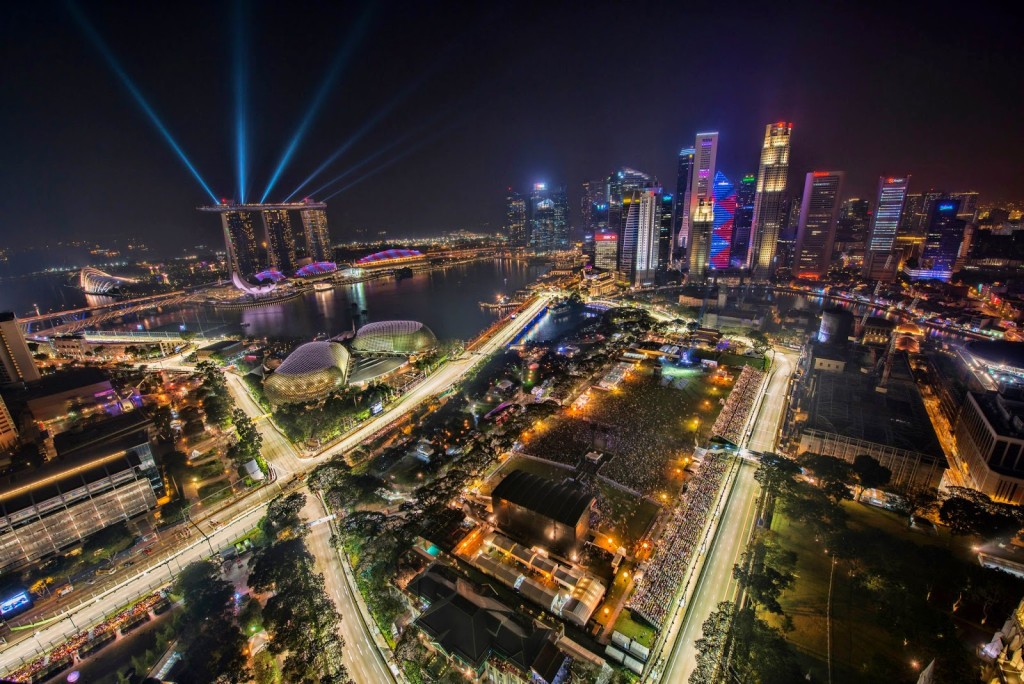In August, when Singapore was celebrating its 50th anniversary of independence, Slovakian media managed mostly to provide only some photographs of the grand fireworks and a bit of information about Singapore gaining independence from Malaysia in 1965. It is a pity, because we’ve missed an opportunity to think about the stunning story of a country that can be an inspiration to all of us.
It is mostly a tale of starting from nothing and achieving prosperity in a very short time. To say, that half a century ago Singapore was standing at the starting line almost without any promising prospects for the future, would be an understatement. A small island country on a wasteland full of swamps but without any drinking water or natural resources, its existence was deemed unlikely even by the architects of its secession from the British colonial empire.
That is why, short after gaining independence, Singapore was united with Malaysia. This union, however, had no future. Three years of disagreements with the Malaysian federal government about political and economic issues finally led to a 126-0 (!) vote in the Malaysian parliament, which expelled Singapore from the federation. Witnesses remember seeing their leaders cry after the vote. But not out of happiness from the regained (yet somehow forced) independence, but due to the horror of the economic death they thought would follow.
These beginnings can hardly be labelled as heroic. That is why what followed is even more fascinating. The people of Singapore got over their despair after some time and transformed it into motivation to fight against their seemingly inevitable fates. Fifty years ago, it was just swamps. Now, it is one of the richest countries in the world. Its economy rapidly grew for decades and it had become one of the Asian Tigers. Today, it is one of the biggest centres of trade, transport and finance in the world. This is why many see it as an economic miracle. Thanks to that, the citizens of Singapore enjoy one of the highest standards of living on Earth.
However, the most curious thing about this is the unorthodox combination of liberal economic policies and authoritarian policies when it comes to personal rights and freedoms. Its economic success stands on two pillars – the development of trade and the creation of an effective business environment. Singapore is consistently ranked amongst the freest economies in the world. Almost for a decade now, it has occupied the first place in the World Bank’s Doing Business ranking, which compares countries according to the quality of their business environments. High earnings, an interesting model of supporting ownership of homes, low unemployment, low criminality and other factors allow Singapore to score high even in rankings of social development.
Nevertheless, the omnipresent promotion of economic freedom is strangely combined with repressing political freedom and free speech. Political opposition in Singapore has a very hard time. Sometimes even jail was used to intimidate political opponents. One man, Lee Kuan Yew, was the prime minister since gaining independence up until the year 1990. Today, his son is the prime minister. Singapore has long been ranked amongst the worst countries when it comes to freedom of the press. Artistic creations are being censored. And the government often uses various kinds of propaganda, or even punishments, to “improve” the behaviour of its citizens. The most famous example of this fight against anti-social behaviour is probably the “fight” against spitting on the sidewalks. An unpleasant, but a very common Asian habit.
The story of Singapore does not match the usual idea of combining democracy and the market economy. While in the developed countries of the West, democracy has been threatening the functioning of the market economy, Singapore and its authoritarian regime has maintained the status of the easiest country to do business in. And the moral of the story? Democracy does not guarantee a properly functioning market economy and it can indeed become a threat to it. And an authoritarian regime does not automatically have to destroy the market economy. Provided it is enlightened, it can even create better environment for prosperity than democracy.
Translation by Jakub Jablonický



